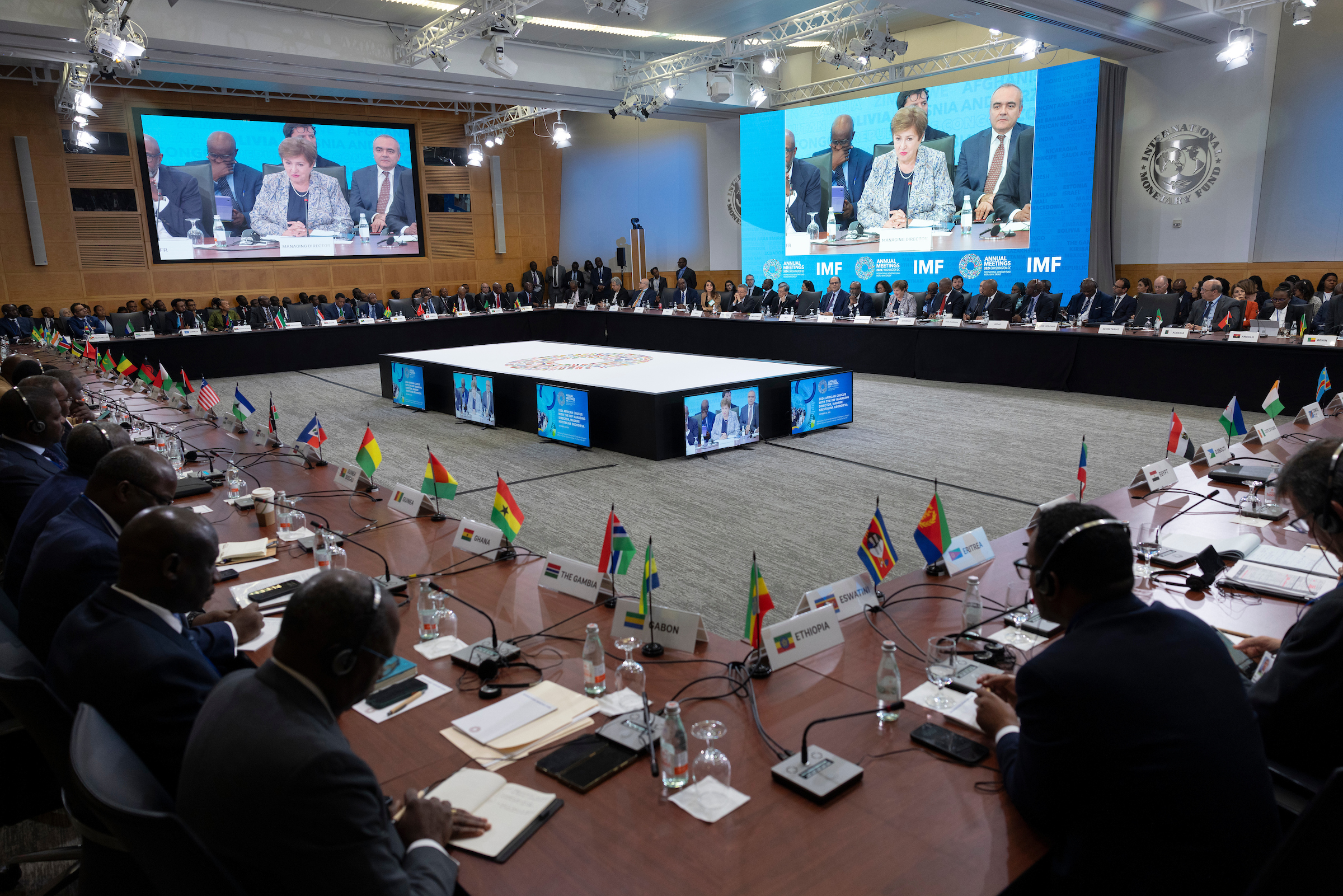By Jemimah Wellington, JKNewsMedia Reporter
THE INTERNATIONAL Monetary Fund (IMF), and African finance leaders have noted that the region faces mounting economic difficulties.
This, in their views, include high costs of living, geopolitical instability, and social unrest.
These factors, they also note, continue to threaten economic growth and stability.
Despite this, they acknowledge that some African countries have made progress by reducing inflation and stabilizing public debt through ongoing reforms.
However, the economic outlook remains uncertain, with varied growth projections across the continent next year.
Thus, the focus of policy makers, at their meeting on Tuesday, remains on economic recovery and addressing critical imbalances.
They said that their aim was to create more room for essential development investments.
Furthermore, they noted that domestic resource mobilization, supported by governance reforms, is a key priority.
Moreover, they noted that the IMF and World Bank’s Joint Domestic Resource Mobilization Initiative seeks to boost local revenue collection and improve financial management.
Also, fiscal policies must balance spending pressures with debt reduction strategies.
The recently approved Poverty Reduction and Growth Trust review ensures continued financial aid to low-income countries, they noted.
Similarly, the Resilience and Sustainability Trust offers affordable, longer-term funding for climate change and pandemic challenges.
Additionally, they said the IMF quota realignment will strengthen support for developing economies, with Africa benefiting from these measures.





